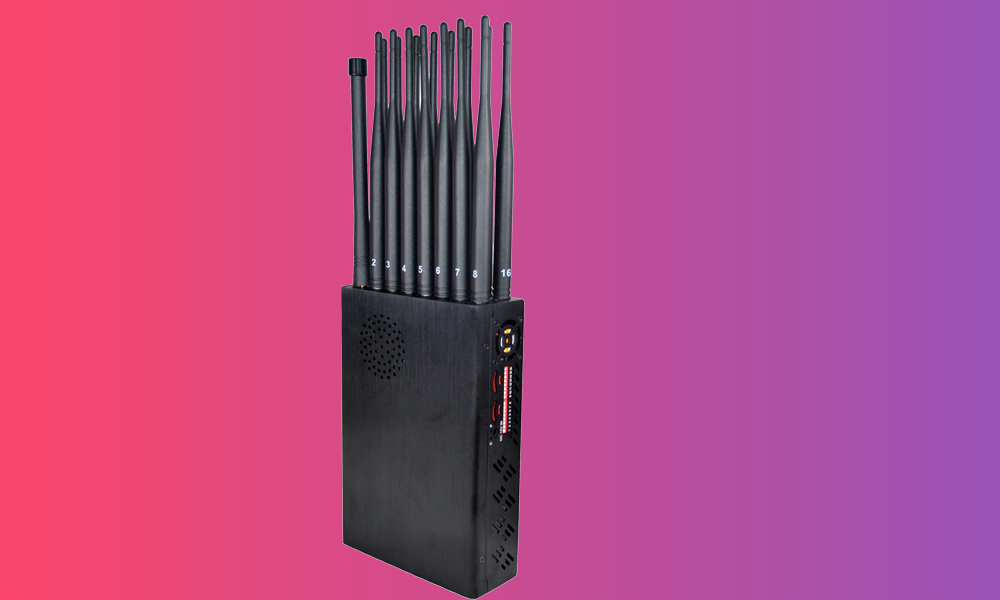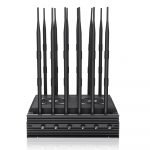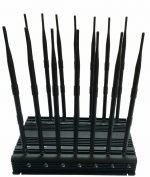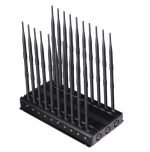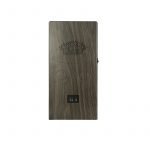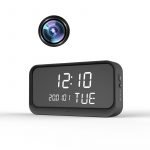Cell Phone Signal Blockers

If you live in a city, you know that there are many cell phone towers in the vicinity, so you will have a great cell phone signal as you drive from your car to the building entrance. The same applies if you live inside the building, since the materials used for building construction affect the reception of cell signals. However, if you live in a rural area, you should be aware that cell phone reception can be affected by certain types of buildings. Cell phone signal blockers are made of wood, GPS, and can even interfere with Police radar.
Building walls with cell phone signal blockers
A common mistake most people make when building a house is using materials that can interfere with cell phone signal reception. You may have heard of foil-faced insulation products or porous fiberglass insulation, but these materials can also interfere with cell phone signals. By using dense, insulated materials for your interior walls, you can reduce the strength of a signal by a factor of -2dB. You can also consider installing trees around your house if they can block the signal.
The good news is that building walls with cell phone signal blockers is legal. By using wire mesh or metal-embedded materials, you can block the signals that reach inside and outside your walls. You can even use passive blockers that are built into buildings. They block cellular signals by accident. You can use a Faraday cage if you live in a building with a cell tower. Building walls with cell phone signal blockers will increase your property value and make your house more desirable to purchase.
Wood blocks cell phone signals
Research shows that thick wood, such as plywood, can block cell phone signals. These types of materials can reduce 3G and 4G LTE signals by up to 20 dB. Wood is also an effective absorbent of cell signals. However, there are many other materials that can interfere with the signal, including lead-based paint, plywood, and plaster. Here are some of the best options for your home. All of these materials will block a small portion of the signal.
Another popular choice is solid wood, which is used everywhere but can actually weaken cellular signals. It is also possible to install plywood, but that would block cellular signals. Other materials that may reduce signal strength include plaster, which is also very thin, but contains gypsum and lime cement. In general, the more solid your wood is, the more likely it is to impede your signal. However, if you are not worried about the signals being blocked, consider using wood for other applications.
GPS blocks cell phone signals
When you are driving, your GPS will not be able to detect the signal from your cell phone. Fortunately, there are several ways to block GPS signals. You can use a wet tree, metal foil, plastic containers, or even a tin box filled with dense materials. The more dense the materials, the more the signal will be obstructed. If you have an issue with GPS blocking your cell phone signals, try one of these methods first.
A simple jamming device can be bought online. This device will block GPS signals from several kilometres away. A GPS jammer is a device that broadcasts noise on the same frequency as satellites. While jamming a GPS signal from several kilometers away will not interfere with the signal’s strength, it could jam it from a couple of kilometers away. While this technology is highly reliable, it is not immune to malfunction and has been used in a variety of environments.
Police radar is affected by cell phone signal blockers
Many cell phone signal blockers are able to detect a driver’s cellphone signals, which is a problem for law enforcement officials. They will be able to use a device similar to a radar detector to determine whether a driver is distracted or not. Many parents are concerned about their teenagers being distracted while driving. This is dangerous because teenagers are not experienced drivers and often do not pay attention to the road.
In addition to cell phone signals, cell phones also interfere with automobile electronics. Automobiles are among the most common sources of interference, including alternators, spark plugs, and wiper motors. Because they draw a high current for a brief period of time, ignitions and alternators are electromagnetic devices. Similarly, spark plugs and wiper motors produce strong electromagnetic fields at wiper rates. These elements, as well as fluorescent, mercury, sodium vapor, and argon lights, can interfere with police radar.


